UN unable to confirm radiation spike after Lebanon war
2 min read The UN, which has been studying the ecological damage in Lebanon caused by the war between Israel and Hizbullah, said on Saturday it would soon be able to say whether uranium-based munitions were used, as claimed by a British newspaper.
The UN, which has been studying the ecological damage in Lebanon caused by the war between Israel and Hizbullah, said on Saturday it would soon be able to say whether uranium-based munitions were used, as claimed by a British newspaper.
"If there is uranium we will find it," said Boutros al-Harb, director of the United Nations Environment Programme (UNEP) for Asia and the Middle East, based in Bahrain.
The Independent newspaper said scientists studying samples of soil after Israeli bombing in Lebanon have shown high radiation levels, suggesting that uranium-based munitions were used.
It said samples taken from two bomb craters in Khiam and At-Tiri have been sent for further analysis to the Harwell laboratory in Oxfordshire, southern England, for mass spectrometry.
The samples thrown up by Israeli heavy or guided bombs showed "elevated radiation signatures", Chris Busby, the British scientific secretary of the European Committee on Radiation Risk, was quoted as saying.
Britain's Ministry of Defence has confirmed the concentration of uranium isotopes in the samples, the report added.
UNEP director Harb said he could not immediately confirm the claims of high radiation levels.
"The analysis of samples taken by our munitions experts is being done in a laboratory at Spitz in Switzerland. I am not able today to confirm nor rule out the presence of uranium," Harb told AFP by telephone from Bahrain.
"The results should be sent to us by mid-November."
Around 20 UNEP experts spent two weeks, with Lebanese environmentalists, from the beginning of October evaluating the impact on the environment of the July 12 to August 14 war between Israel and Shia militia Hizbullah, Harb said.
They tested air, water and soil samples at some 75 heavily bombarded sites in southern Lebanon and the mainly Shia suburbs of south Beirut, he added.
Their report will be made public mid-December in Beirut.





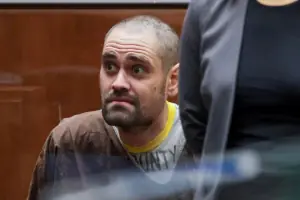







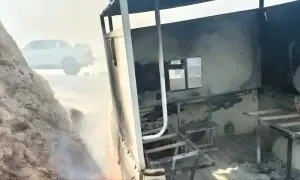
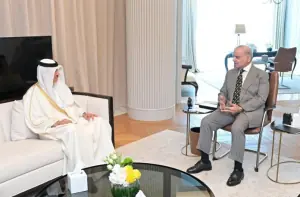
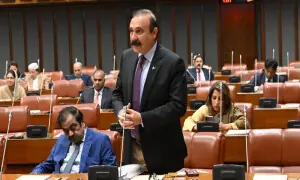

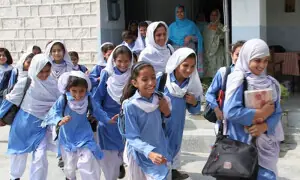
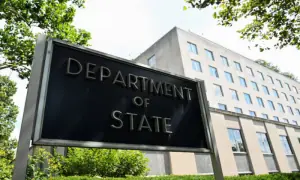
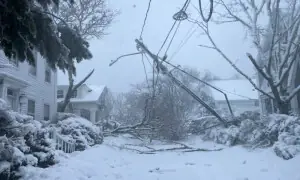
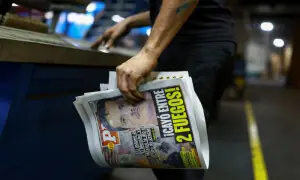
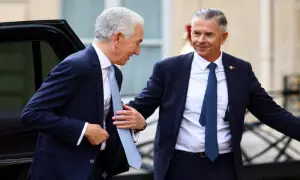
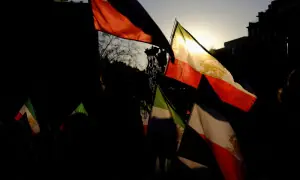
Comments are closed on this story.